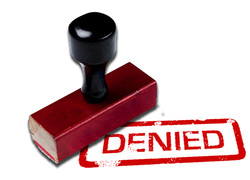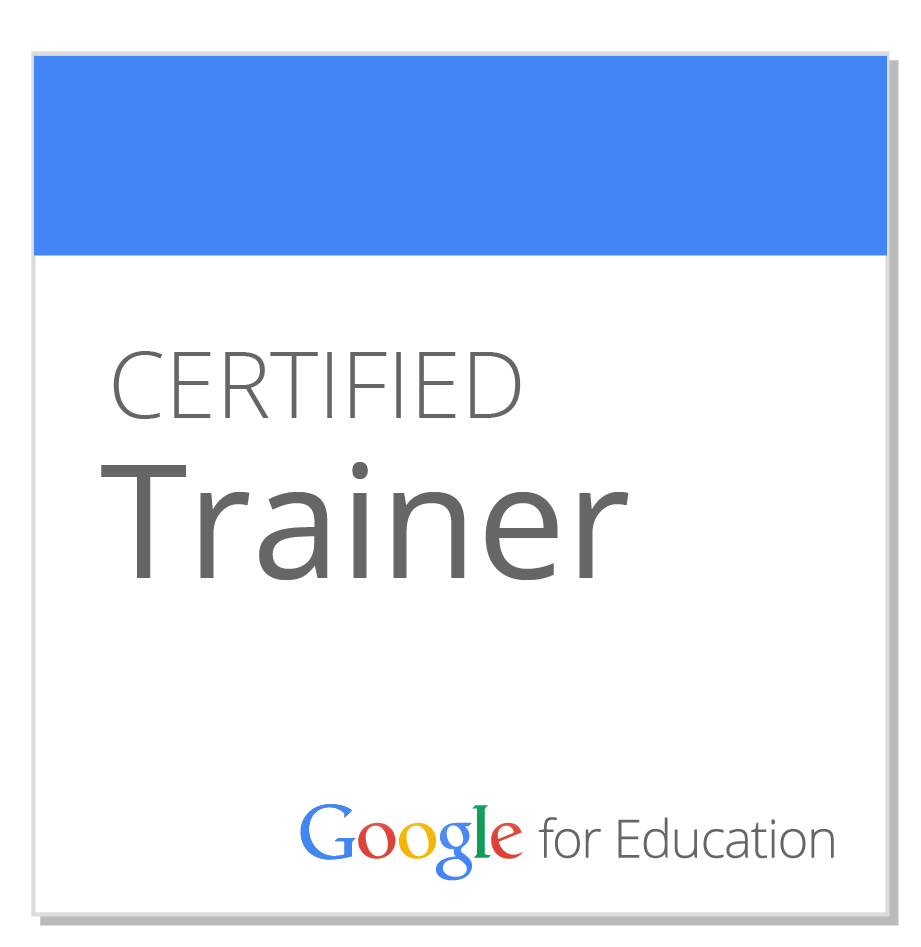
After the party was over and my teaching day was done, I sat alone at my desk picking apart the reasons for this missed opportunity. I have absolutely no doubt that the other unsuccessful applicants found some time in the day to do the same. As gut-wrenching as that process was, I drew up some conclusions on the matter. These can be seen as tips for the next GTA application process, but this is also how I try to deal with setbacks as an educator in general. Rejections and failures will happen to everyone so here are some ways to appropriately deal with them.
1) It's ALL about your attitude
Disappointment was certainly an emotion that clung to me like a static-y sock once I was alone. Watching the #GTACHI feed on Twitter, I could tell I wasn't the only one feeling this way. Some were noticeably bitter, others were doubting their worth, and it didn't stop for most of the night.
It's extremely easy in this phase of the game to tweet out a lament to your followers and get some quick, sympathetic attention, but ask yourself: is it necessary? Don't forget that your upset tweet is out there forever once you click that magic button and the selection committee is watching that feed. It's probably best to find a friend and talk about it privately or chat through a direct message to a trusted PLN member online. When you do tweet, keep it positive and fresh and reflect on what you gained from the application experience. Remember, failure is a learning experience, not a career-death sentence.
2) Take a step back
There were a lot of unsuccessful applicants wondering what they could improve on within 30 seconds after reading that email. I think it's important to take enough time to properly reflect and to make connections with people that can help you to do that. Whatever the failure, make sure that you surround yourself with a positive, like-minded community and forge some relationships. Be patient - it could take months to develop this circle, while others may already have it established. While that sounds difficult not to act on "fixing things" right away, is is absolutely necessary to your growth. Fresh eyes are better than tired ones.
3) Access your support system, be open to feedback, and start fresh
This particular step comes far after the initial shock of failure. When you've taken some time and begun to heal, make sure you access those relationships you've forged with people who can help you. When they do step in to help, it is not beneficial to defend what you've already done to the nth degree. Focus on a few pieces of the puzzle that are important to you and discuss why that is the case. Be flexible and willing to change. While constructive criticism can hurt, don't forget that it's constructive and is making you into a stronger candidate. Sometimes outsiders can see things that we simply cannot or would not have considered otherwise.
4) Don't give up and hold your head high
Okay, okay, I know this one is cliche, but it's a necessary attitude to adopt when you do take the plunge and try again. You can't go in with a failure attitude because then you will undoubtedly get a failure result. Don't forget your experience, but apply your learning, and be confident in the fact that you are now a better applicant, educator, and person because of it. If you know you're worth it and you portray that well, other people will start noticing, too.
Whatever stance you decide to take, I would really encourage everyone to stay connected. There is no value in isolating yourself. Take time to collaborate, learn, grow, and reflect. As the old saying goes:








 RSS Feed
RSS Feed
